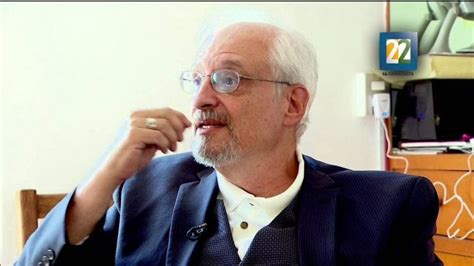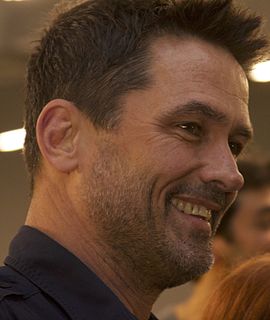A Quote by Ryan Leaf
I had this giant ego of an athlete, but I was self-conscious at everything else.
Quote Topics
Related Quotes
The child is born with a Self but not with an ego. The child develops the ego. As he becomes more and more social and related, ego develops. This ego is just on your periphery where you are related with others - just on the boundary of your being. So ego is the periphery of your being, and Self is the center. The child is born with a Self, but unaware. He is a Self, but he is not conscious of the Self.
Then ego goes on growing, because the society needs you as an ego, not as a Self. The Self is irrelevant for the society; your periphery is meaningful. And there are many problems. The ego can be taught and the ego can be made docile and the ego can be forced to be obedient. The ego can be made to adjust, but not the Self. The Self cannot be taught, the Self cannot be forced. The Self is intrinsically rebellious, individual. It cannot be made a part of society.
The term "self" seems a suitable one for the unconscious substrate whose actual exponent in consciousness is the ego. The ego stands to the self as the moved to the mover, or as object to subject, because the determining factors that radiate outward from the self surround the ego on all sides and are therefore supraordinate to it. The self, like the unconscious, as an a priori existent out of which the ego evolves. It is, so to speak, an unconscious prefiguration of the ego. It is not I who create myself; rather, I happen to myself.
Central to Jungian psychology is the concept of "individuation," the process whereby a person discovers and evolves his Self, as opposed to his ego. The ego is a persona, a mask created and demanded by everyday social interaction, and, as such, it constitutes the center of our conscious life, our understanding of ourselves through the eyes of others. The Self, on the other hand, is our true center, our awareness of ourselves without outside interference, and it is developed by bringing the conscious and unconscious parts of our minds into harmony.
This ego has all the desires, ambitions, wants to be always on the top of everything. You are exploited by this ego. And this never allows you even a glimpse of your real authentic self, and your life is there, in your authenticity. Hence, this ego only produces misery, suffering, fighting, frustration, madness, suicide, murder - all kinds of crime.
The idea of buddha mind is not purely a concept or a theoretical, metaphysical idea. It is something extremely real that we can experience ourselves. In fact, it is the ego that feels that we have an ego. It is ego that tells us, My ego is bothering me. I feel very self-conscious about having to be me. I feel that I have a tremendous burden in me, and I wonder what the best way to get rid of it is. Yet all those expressions of restlessness that keep coming out of us are the expression of buddha nature: the expression of our unborn, unobstructed, and nondwelling nature.
God bless him, I mean a lot of times you get non-actors on a set and they get really self-conscious, especially when doing something crazy like singing along with Phil Collins. They get sort of reserved and self-conscious. Mike [Tyson] completely trusted Todd [Phillips] and totally put everything into it.
The source of wisdom and power, of love and beauty, is within ourselves, but not within our egos. It is within our consciousness. Indeed, its presence provides us with a conscious contrast which enables us to speak of the ego as if it were something different and apart: it is the true Self whereas the ego is only an illusion of the mind.
The Shadow is a moral problem that challenges the whole ego-personality, for no one can become conscious of the shadow without considerable moral effort. To become conscious of it involves recognizing the dark aspects of the personality as present and real. This act is the essential condition for any kind of self-knowledge, and it therefore, as a rule, meets with considerable resistance. Indeed, self-knowledge as a psychotherapuetic measure frequently requires much painstaking work extending over a long period of time.


































